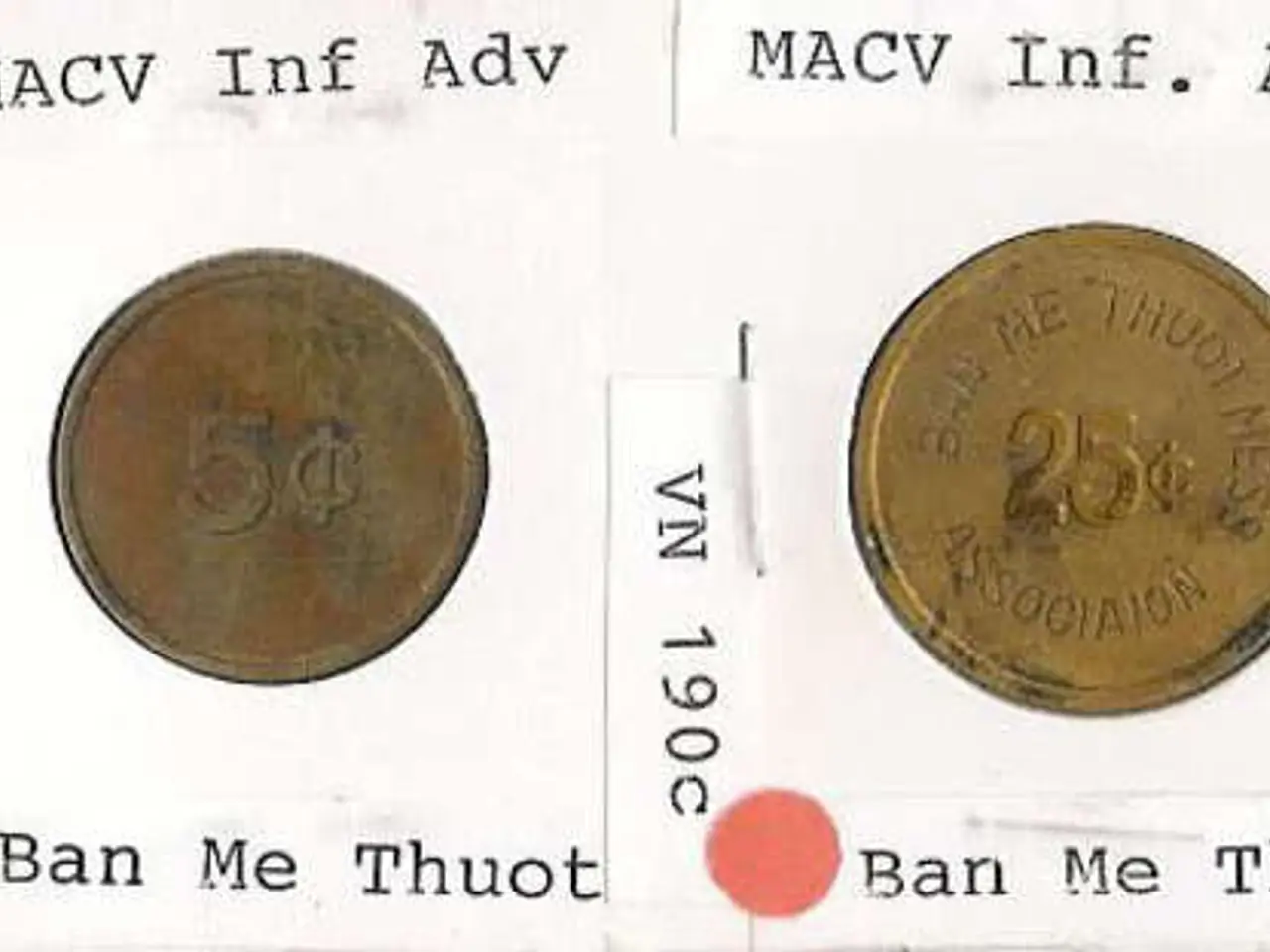Report: Artificial Intelligence Application in Payment Systems
In the world of payments, Artificial Intelligence (AI) is making a significant impact, transforming the way transactions are processed, securing them, and personalizing the customer experience. This transformation is the focus of the Payment Exchange 2025 discussion, under the theme "PEXtraordinary Tales - Stories from the World of Payments".
Currently, AI is guarding against fraud by using sophisticated deep learning algorithms to analyze transaction patterns in real time, significantly reducing risk and losses. Visa's $3.3 billion investment in AI infrastructure over the past decade, including new AI-powered risk and fraud prevention products, illustrates the central role AI plays in modern payment security.
For businesses, large and small, AI enhances operational efficiency, improves fraud detection, personalizes customer interactions, and automates routine tasks like bookkeeping. These improvements increase revenue and resilience for all players in the payments ecosystem.
Looking ahead, the future outlook is one of continued growth and innovation. The whitepaper "AI in Payments: A Systematic Revolution", produced by Payment & Banking, highlights a shift beyond basic AI applications towards more advanced forms such as generative AI and agentic AI. These technologies are expected to accelerate the innovation cycle, enable rapid testing and deployment of new payment solutions, and foster richer customer experiences by moving from mere transaction processing to differentiated service delivery and new revenue streams.
The payments industry is actively leveraging cloud platforms like AWS to catalyse this AI-driven transformation, enhancing fraud prevention, speeding innovation, and improving productivity.
However, the use of AI in payments raises questions about fairness, transparency, and non-discrimination in algorithms. Bias in training data is a concern in AI deployment in payments. Responsibility for decisions made by machines is a complex issue that needs to be addressed as AI becomes more prevalent.
To ensure compliance with ethical and technical requirements, clear processes, close cooperation with compliance departments, and a deep understanding of the technology are necessary. The European AI Act will be the central framework for regulation of AI use in payments.
The whitepaper, available for download from Payment & Banking, provides in-depth insights into the current state and future direction of AI in the payments industry. It is aimed at decision-makers, developers, and anyone interested in understanding the impact of AI on the payments industry. This systematic revolution in payments is set to continue, with significant investments and innovations forecast for the next several years.
Fintech, rooted in technology, is spearheading this systematic revolution in payments, with the implementation of AI to improve operational efficiency, personalize customer interactions, and optimize risk management. This extension of AI application beyond basic tasks is expected to drive innovation, foster richer customer experiences, and create new revenue streams for businesses of all sizes.




